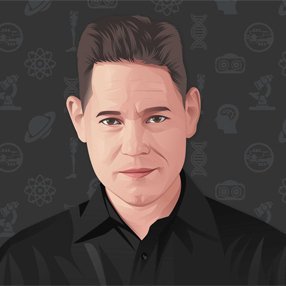
David J. Gunkel
Author - Educator - Researcher

Author - Educator - Researcher
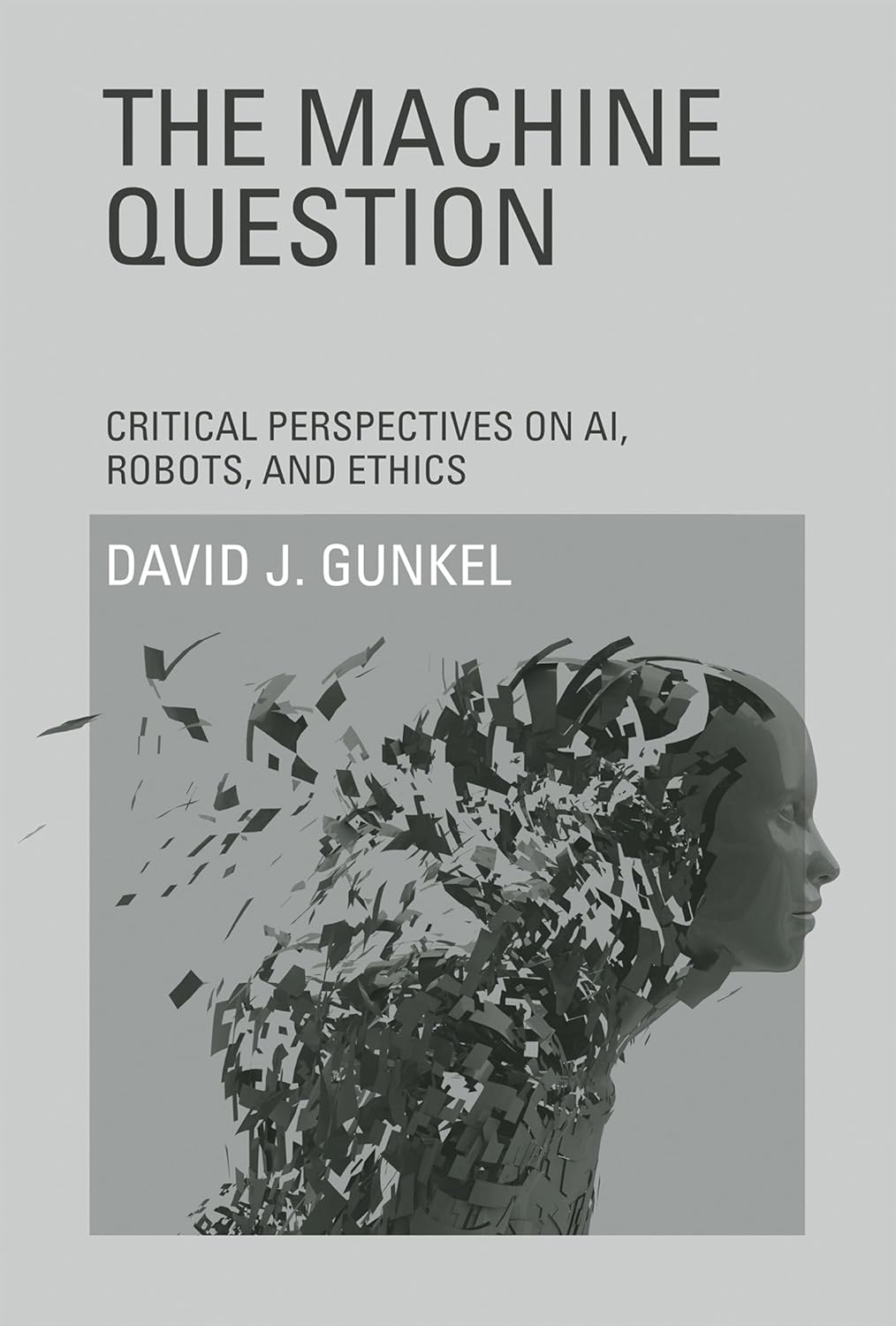
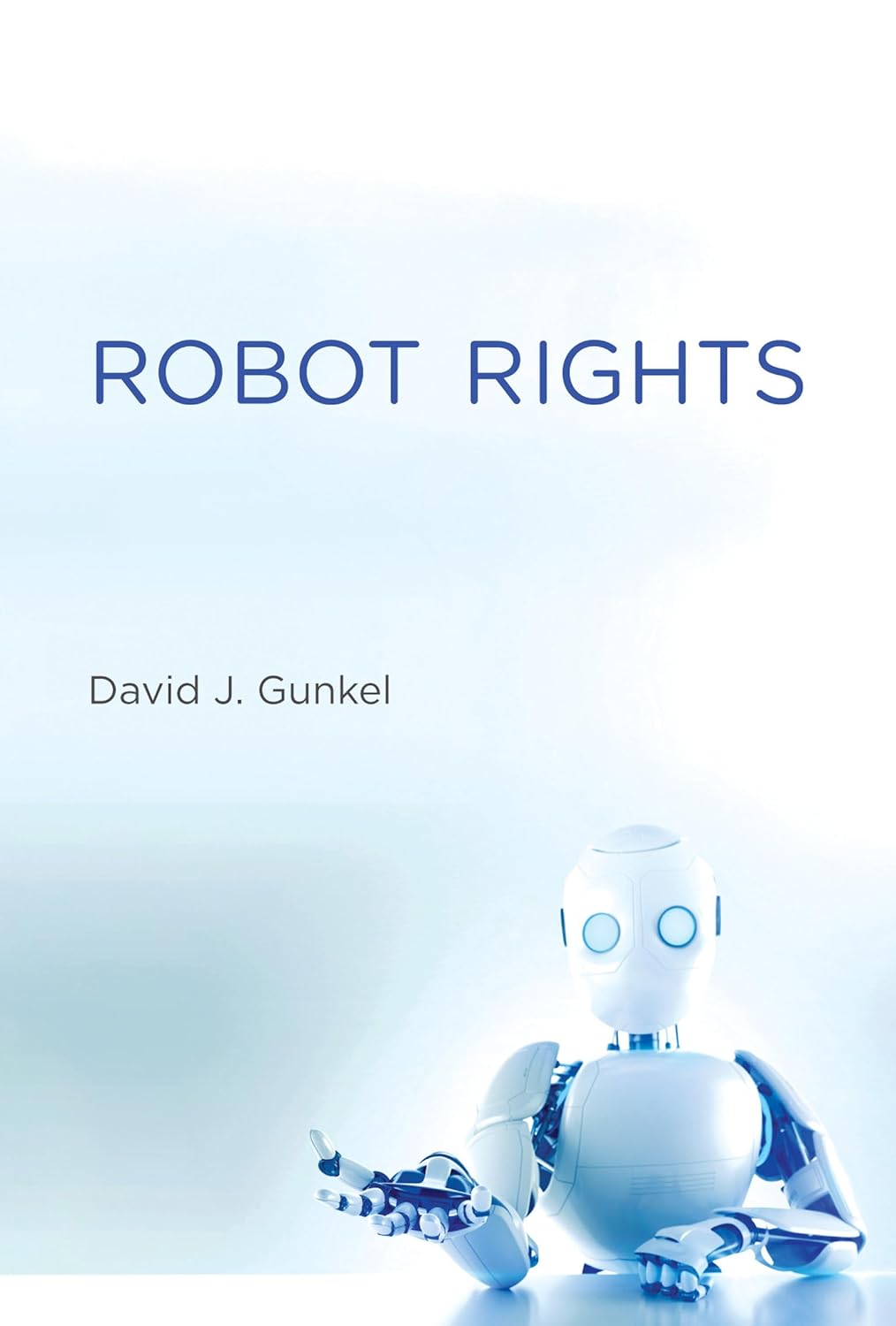
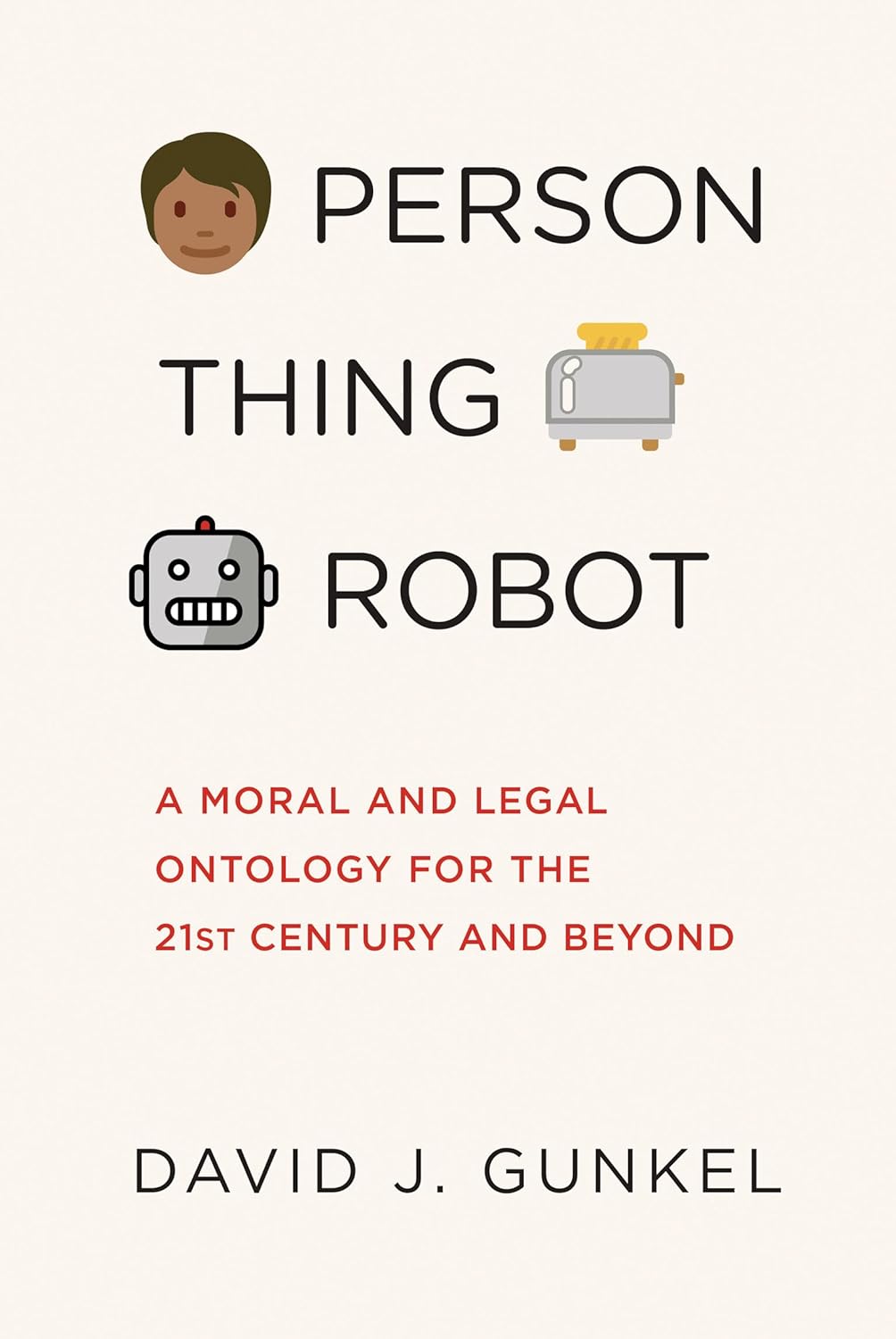
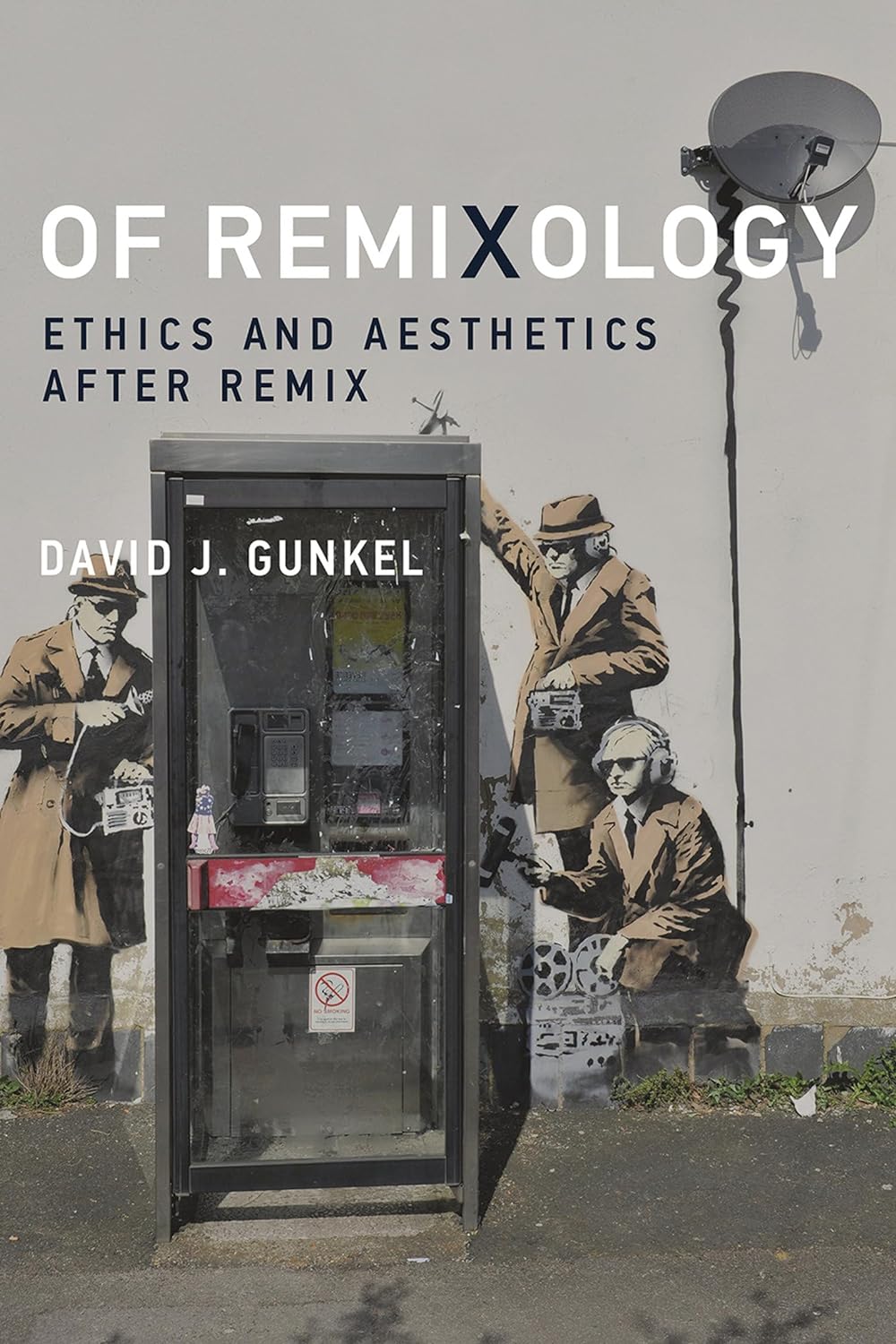
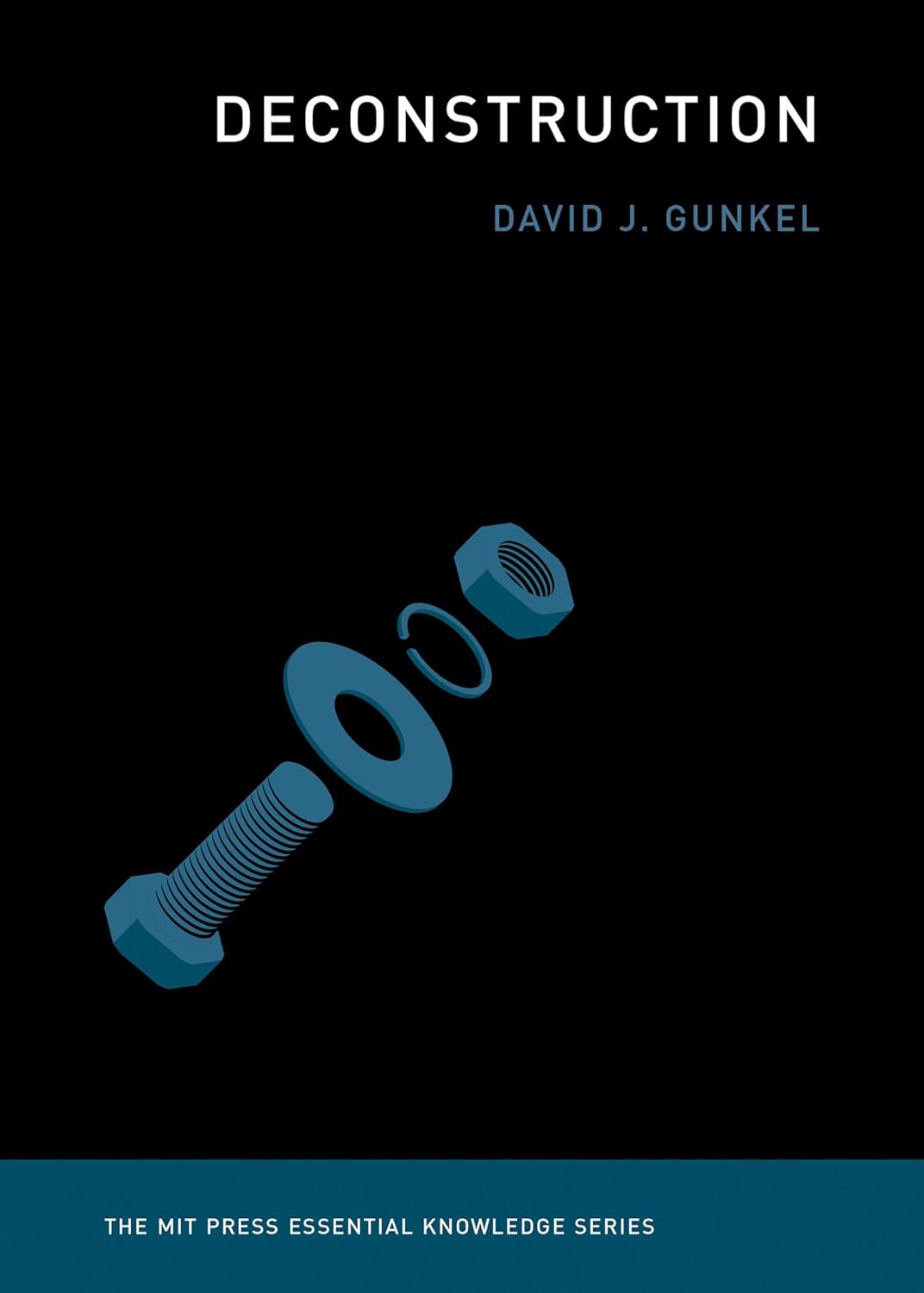
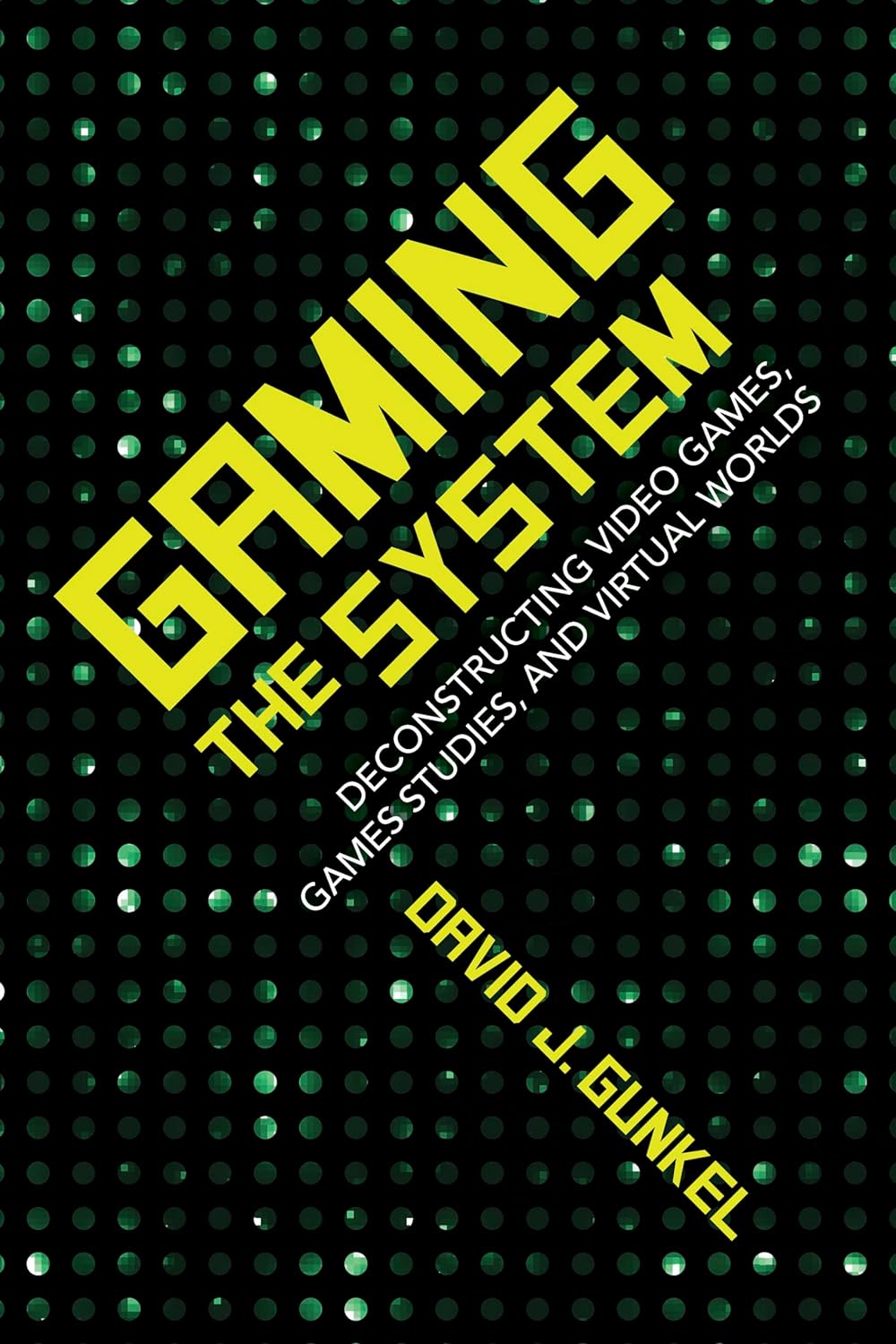
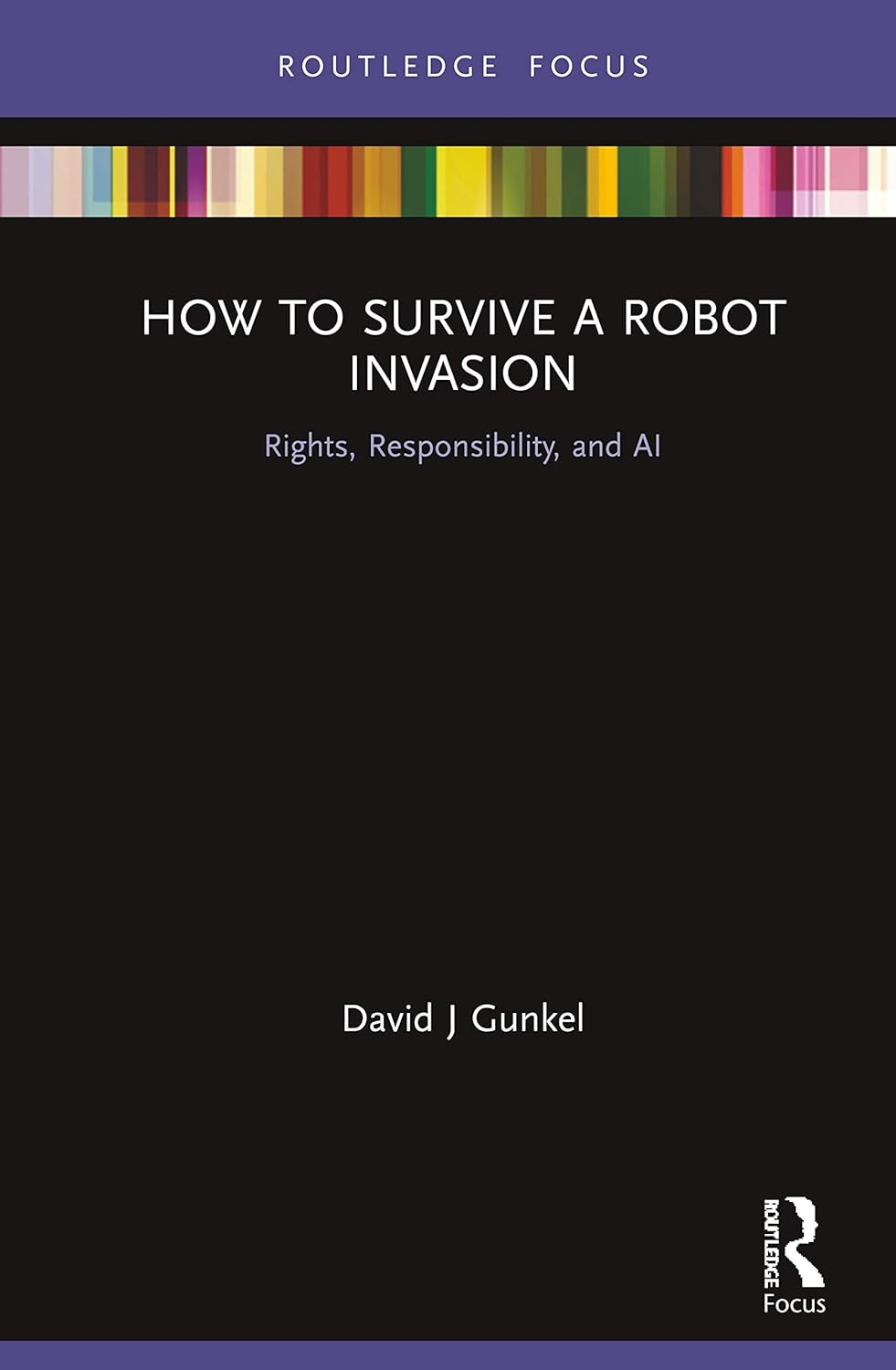
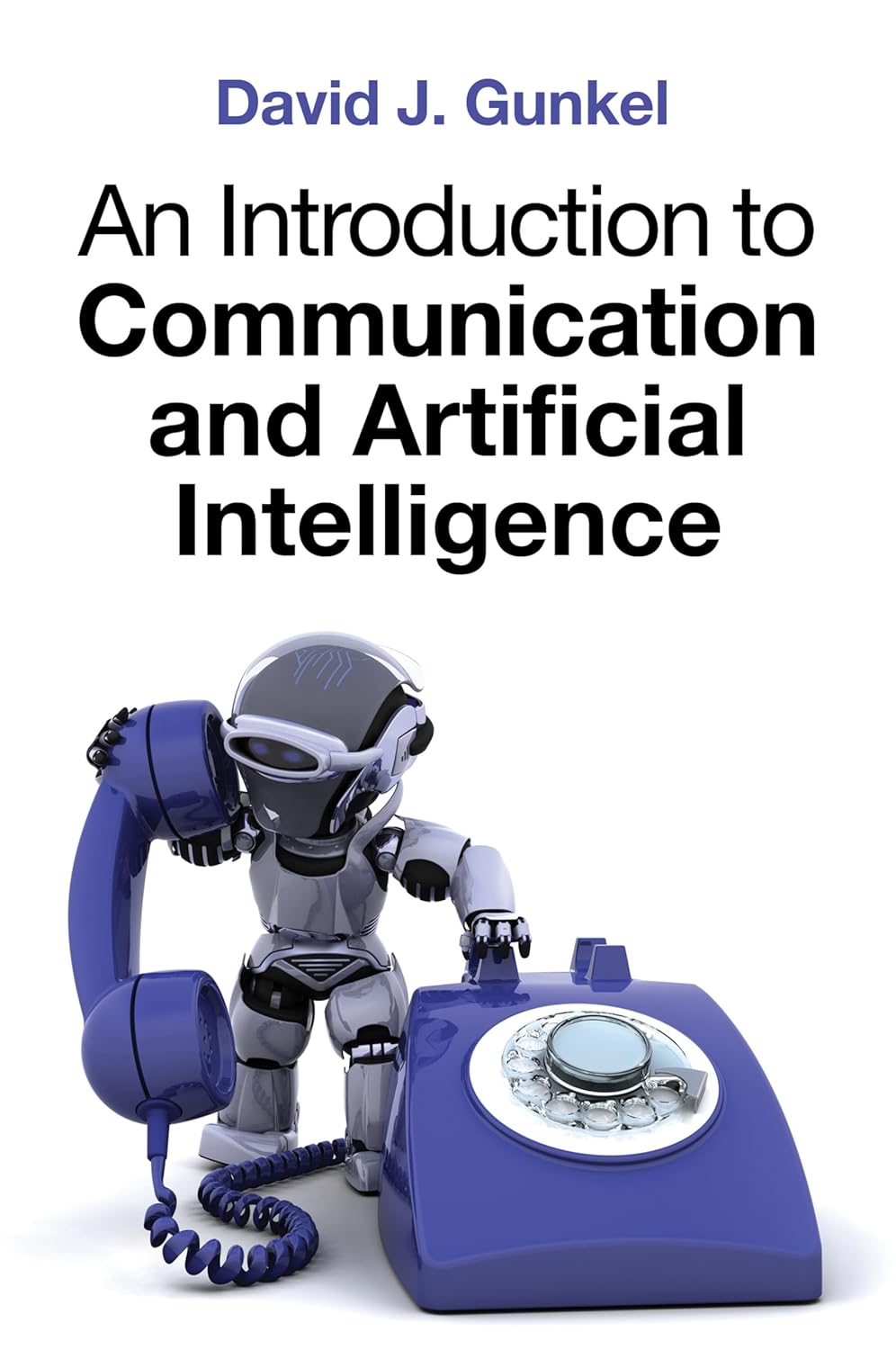
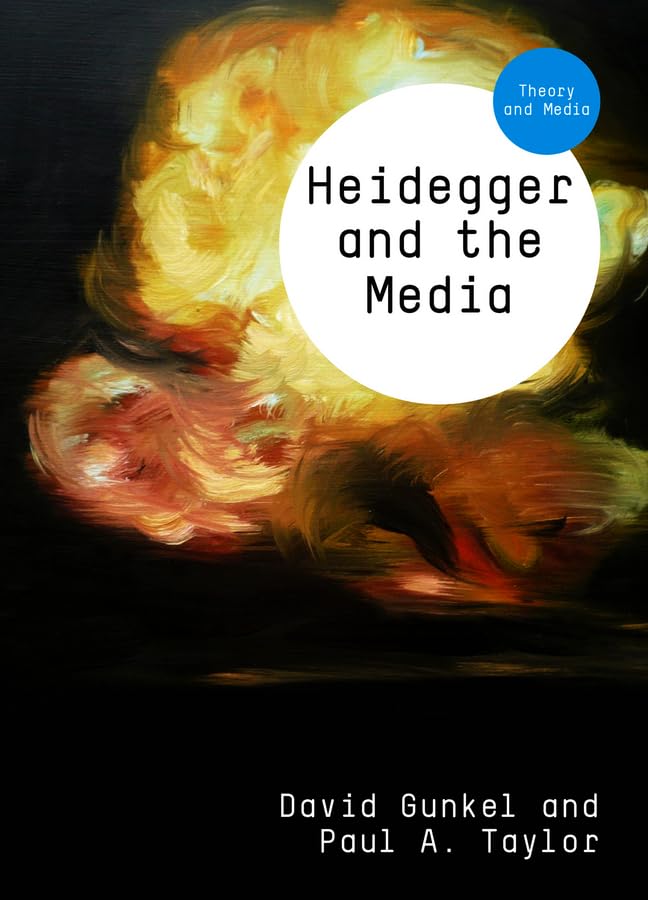
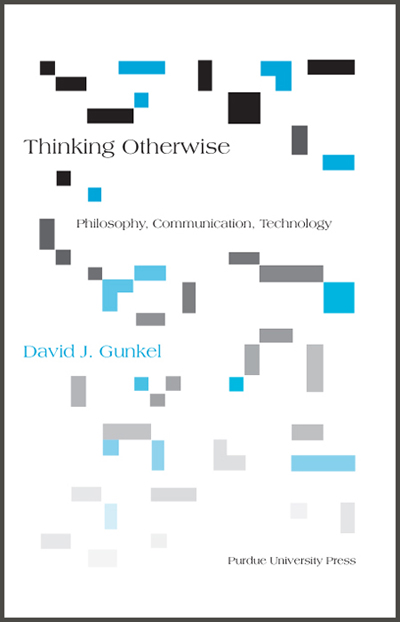
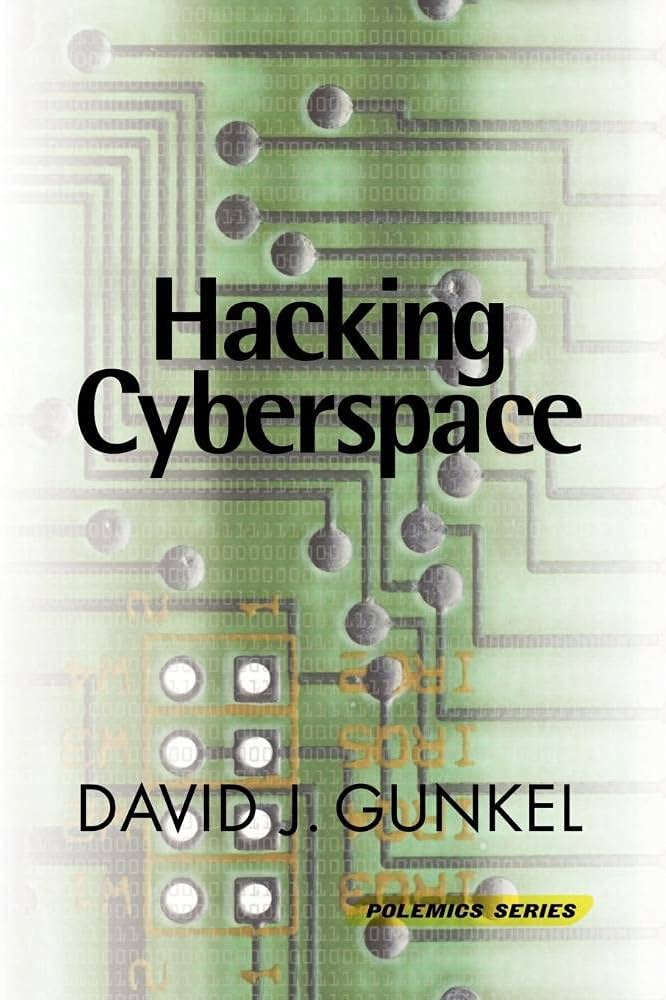
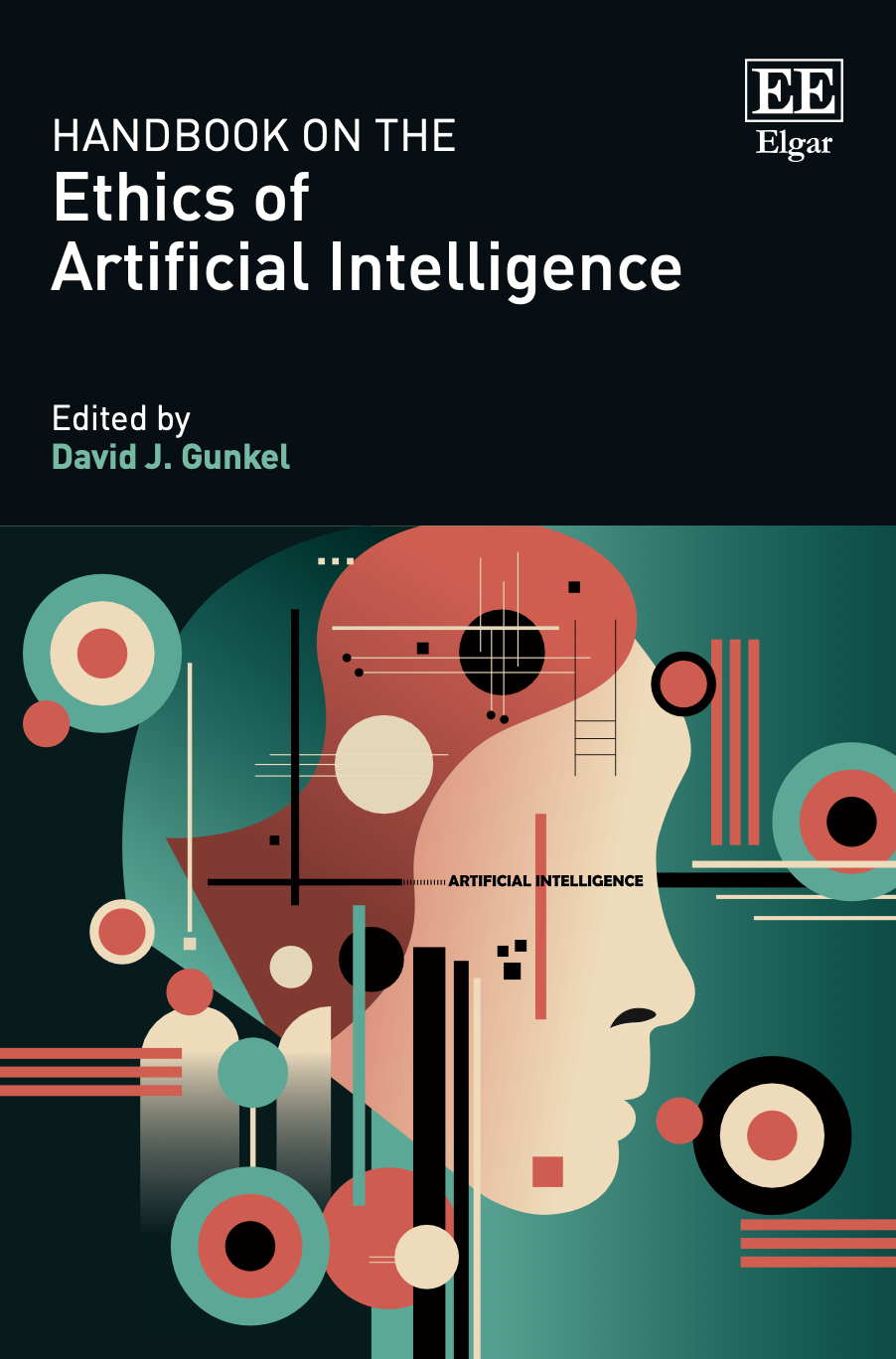
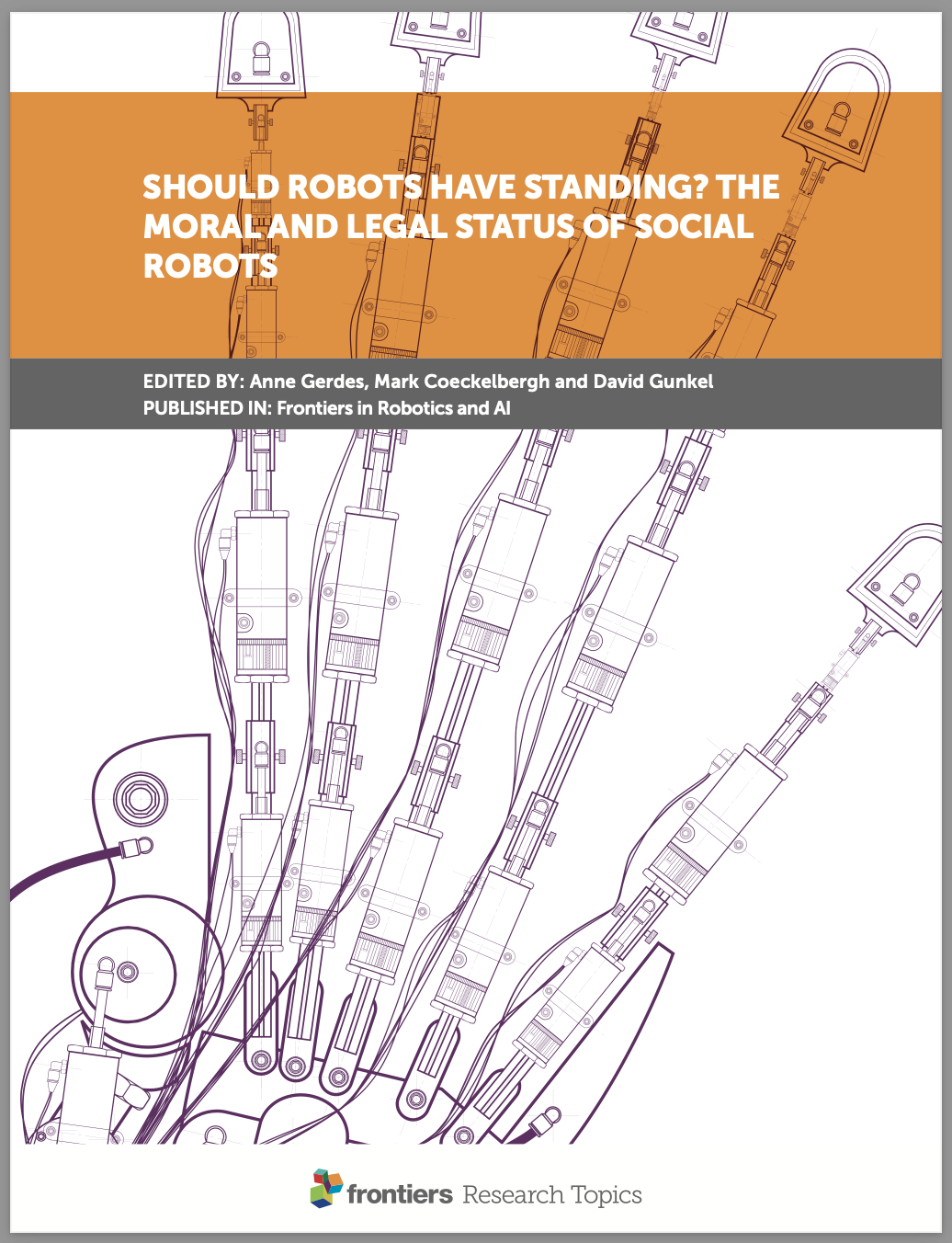
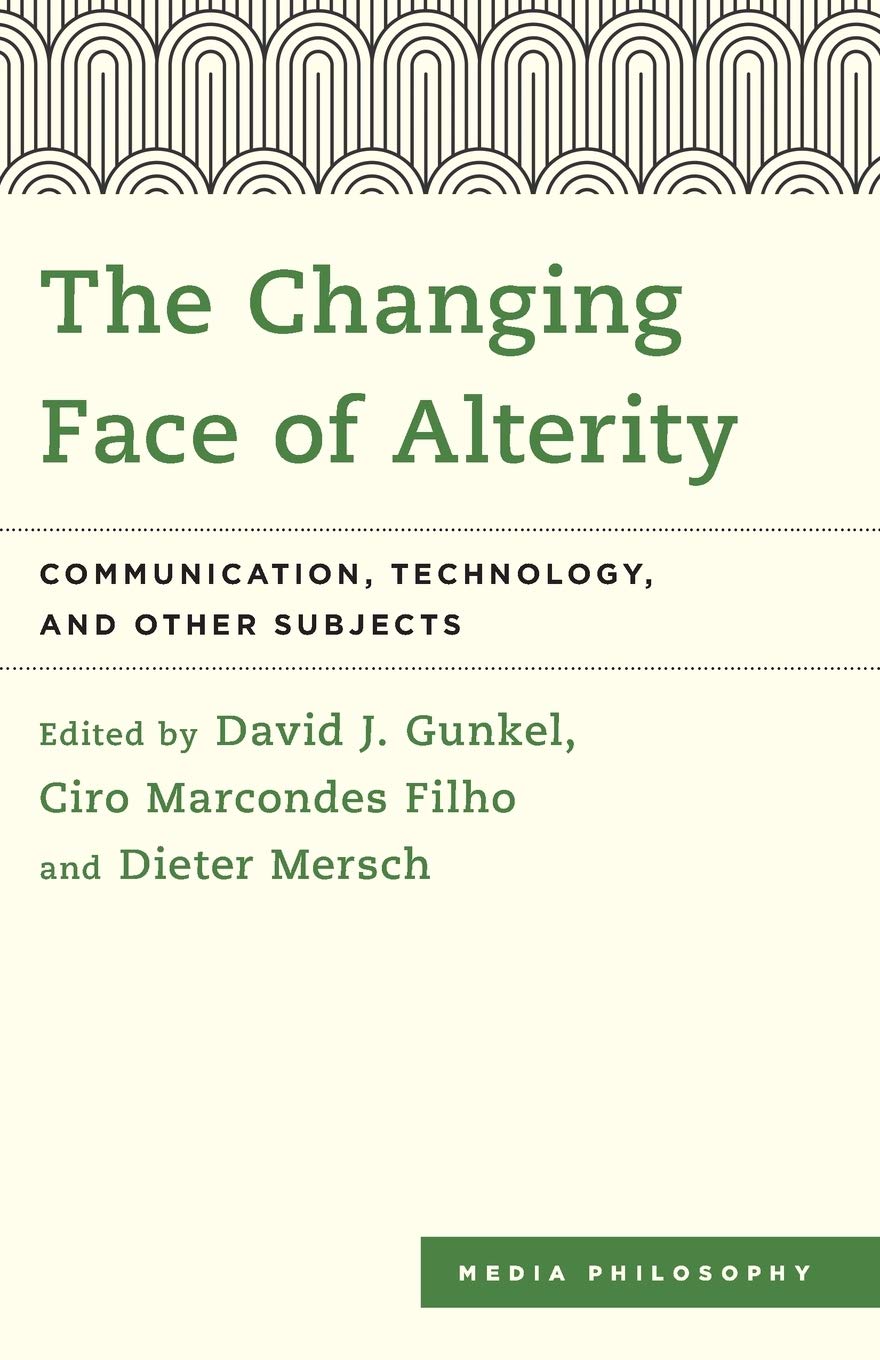
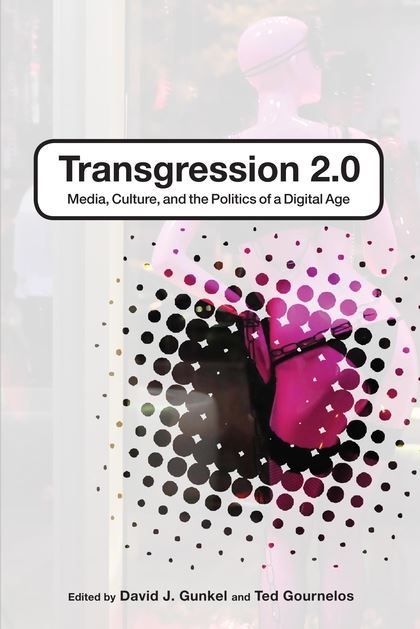
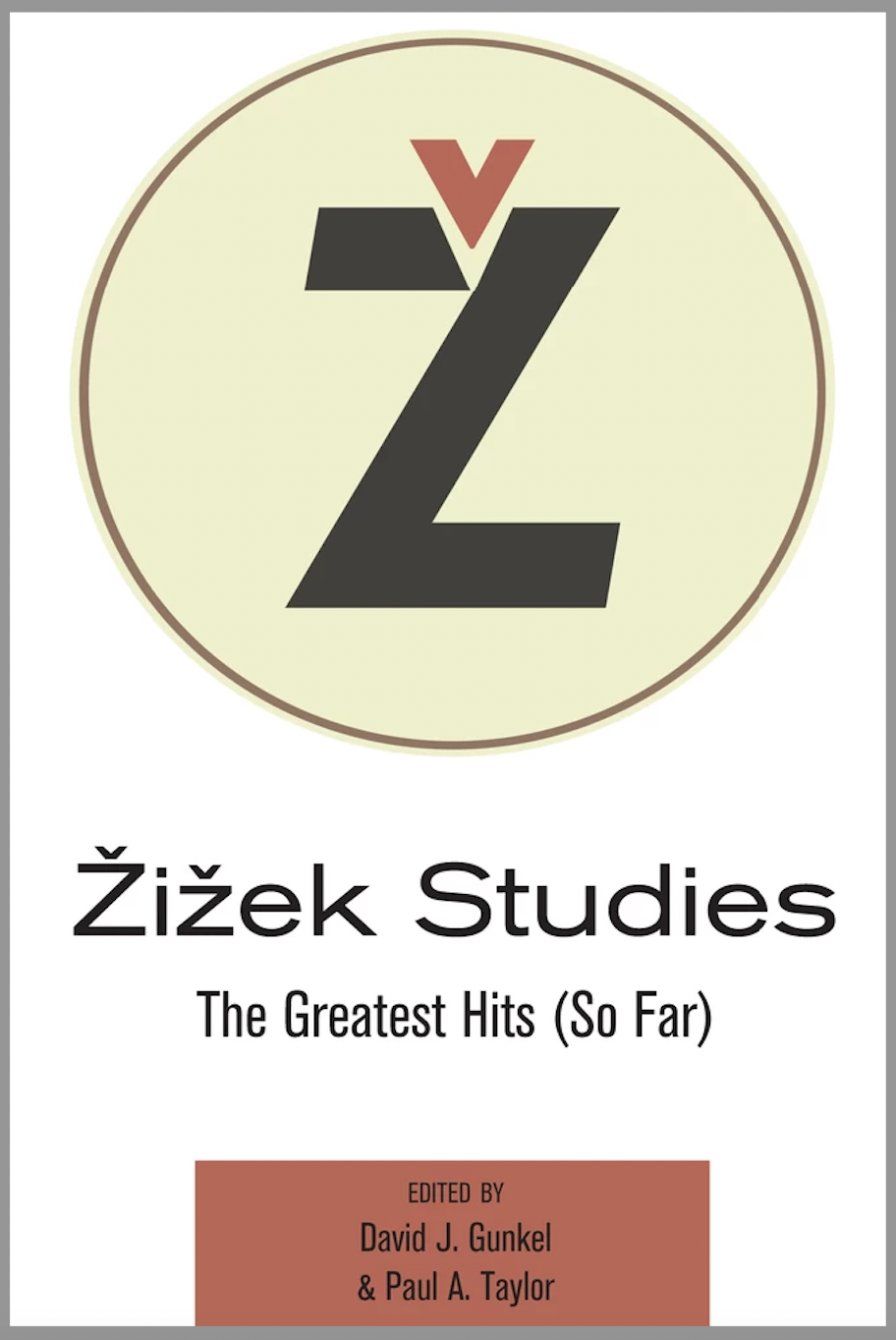
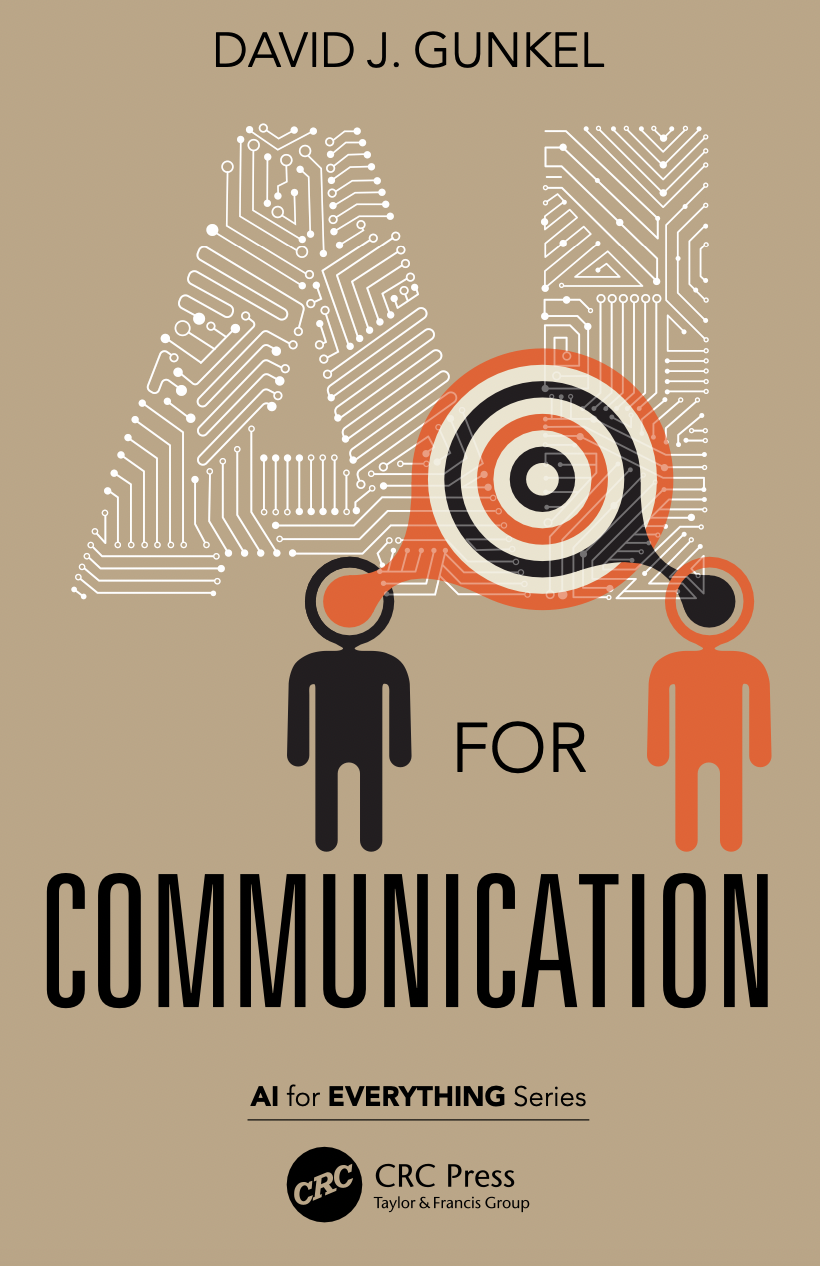
David J. Gunkel (PhD - DePaul University) is an award-winning author, educator and researcher, specializing in the philosophy of technology with a focus on the moral and legal challenges of artificial intelligence and robots. Dr. Gunkel is internationally recognized for his innovative work on the moral and legal status of artificial intelligence and robot rights, his efforts to diversify the theory and practice of AI ethics, and his agenda-setting contributions to the new field of human-machine communication (HMC). He currently holds the position of Presidential Research, Scholarship and Artistry Professor in the Department of Communication at Northern Illinois University (USA) and associate professor of applied ethics at Łazarski University in Warsaw, Poland. His innovative curriculum design and teaching has been recognized with numerous awards, including NIU's Excellence in Undergraduate Teaching and the prestigious Presidential Teaching Professorship
Books and Edited Collections
Journal Articles and Book Chapters
Presentations, Public Lectures and Keynotes
Media Appearances and Popular Publications
My research efforts address the social challenges of new and emerging information and communication technology, especially in the area of artificial intelligence and robots. I bring a unique combination of skills and knowledge to this effort, combining hands-on experience in application development with the critical insights of moral philosophy and drawing upon a wide range of different and diverse traditions in ethics.
ChatGPT: Deconstructing the Debate and Moving it Forward (with Mark Coeckelbergh). AI & Society. 21 June 2023. https://doi.org/10.1007/s00146-023-01710-4
Duty Now and For the Future: Communication, Ethics and Artificial Intelligence. Journal of Media Ethics 3(4), 2023: 198-210. https://doi.org/10.1080/23736992.2023.2264854
The Rights of Robots. In A. A. Nakagawa and C. Douzinas (Eds.), Non-Human Rights–Critical Perspectives. Cheltenham: Edward Elgar 2024. SSRN Preprint.
The Relational Turn: Thinking Robots Otherwise. In Janina Loh and Wulf Loh (Eds.). Social Robots and the Good Life. Transcript Verlag 2022 (pp. 55-76). https://doi.org/10.14361/9783839462652-003
The Symptom of Ethics: Rethinking Ethics in the Face of the Machine. Human-Machine Communication 4(1). 2022. https://doi.org/10.30658/hmc.4.4
Moral Status and Intelligent Robots (with John-Stewart Gordon). Southern Journal of Philosophy 60(1). 2022: 88-117. https://doi.org/10.1111/sjp.12450
My primary pedagogical objective is to prepare students for lifelong success in an increasingly technologically mediated world by cultivating the skills and knowledge necessary for informed critical thinking, innovative problem solving, and productive collaboration and leadership in a global environment. While at Northern Illinois University (NIU), I have developed an innovative curriculum in technology, ethics, and society with a special emphasis on helping students to understand and navigate the novel social and moral challenges made available by recent scientific and technological innovation.